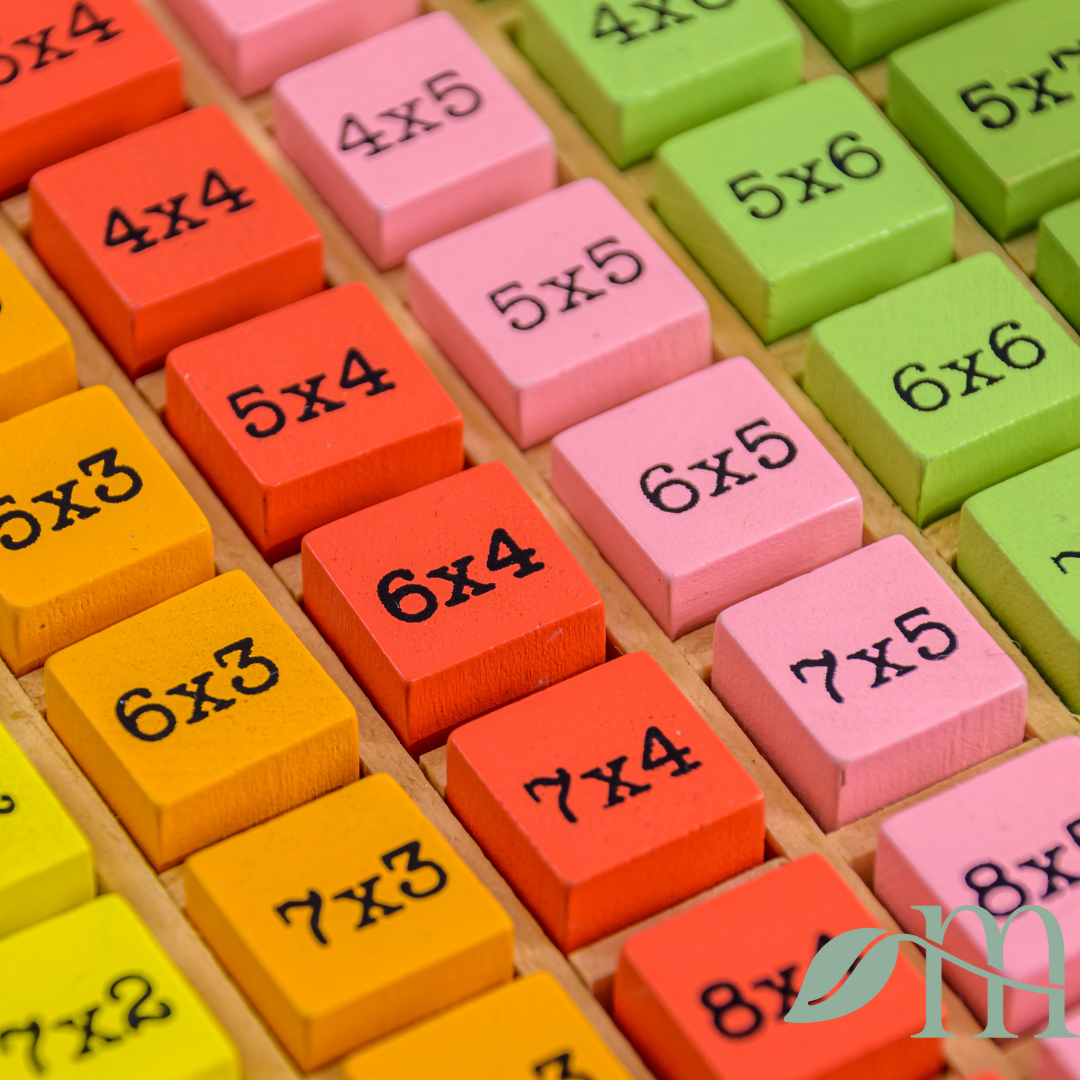
Learning multiplication facts can be a daunting task, but this multiplication activity using hands-on Montessori materials can make this process interesting… and even fun! Join us as we use the multiplication bead bars to explore common multiples- or shared answers to multiplication problems.

This multiplication game for kids teaches fundamental math concepts, like identifying patterns in numbers and recognizing multiples, which helps them build confidence in math through hands-on learning.
Copyright © 2024-2025 The Montessori Studio | Site Crafted by Felicity Creative